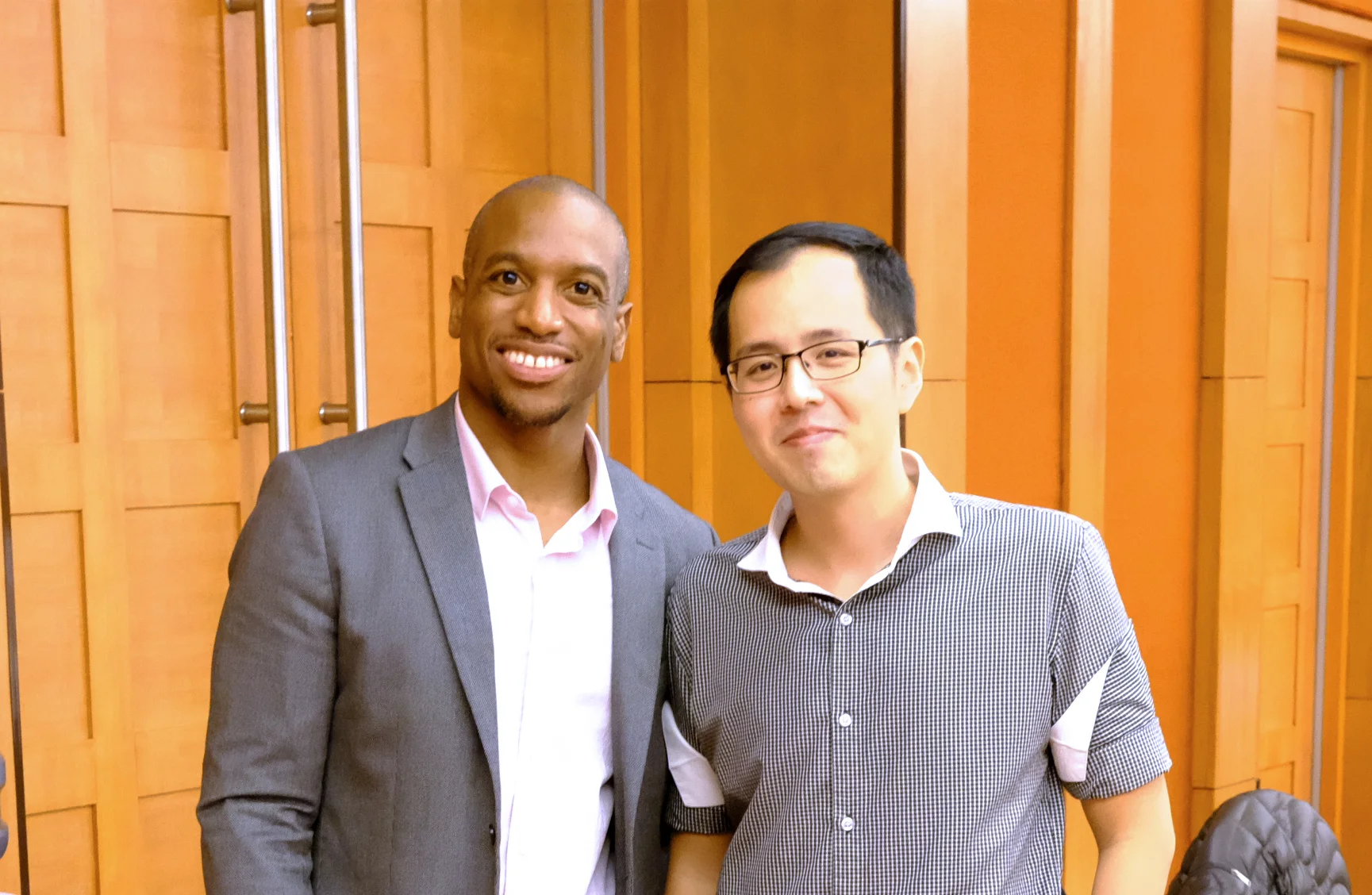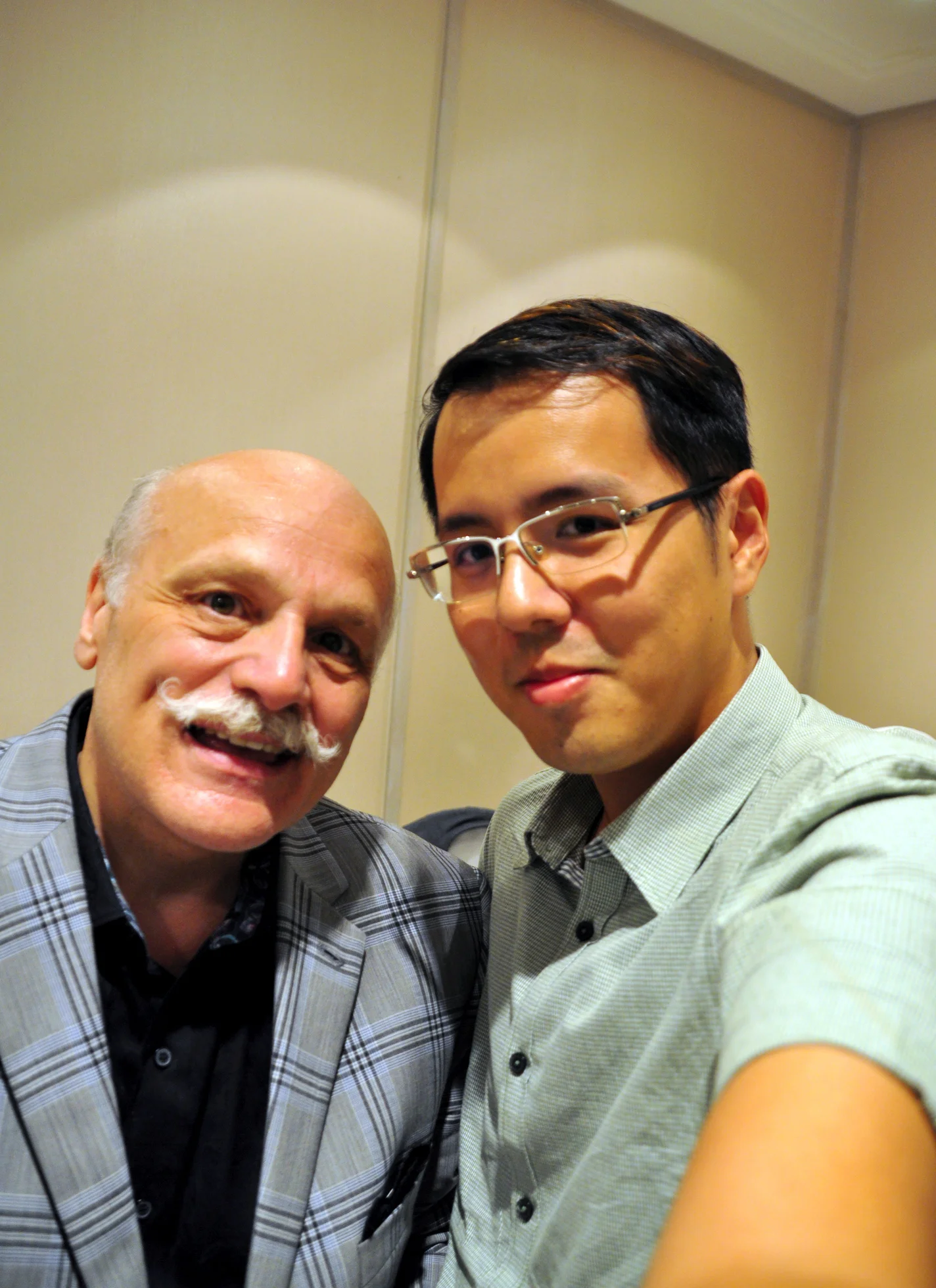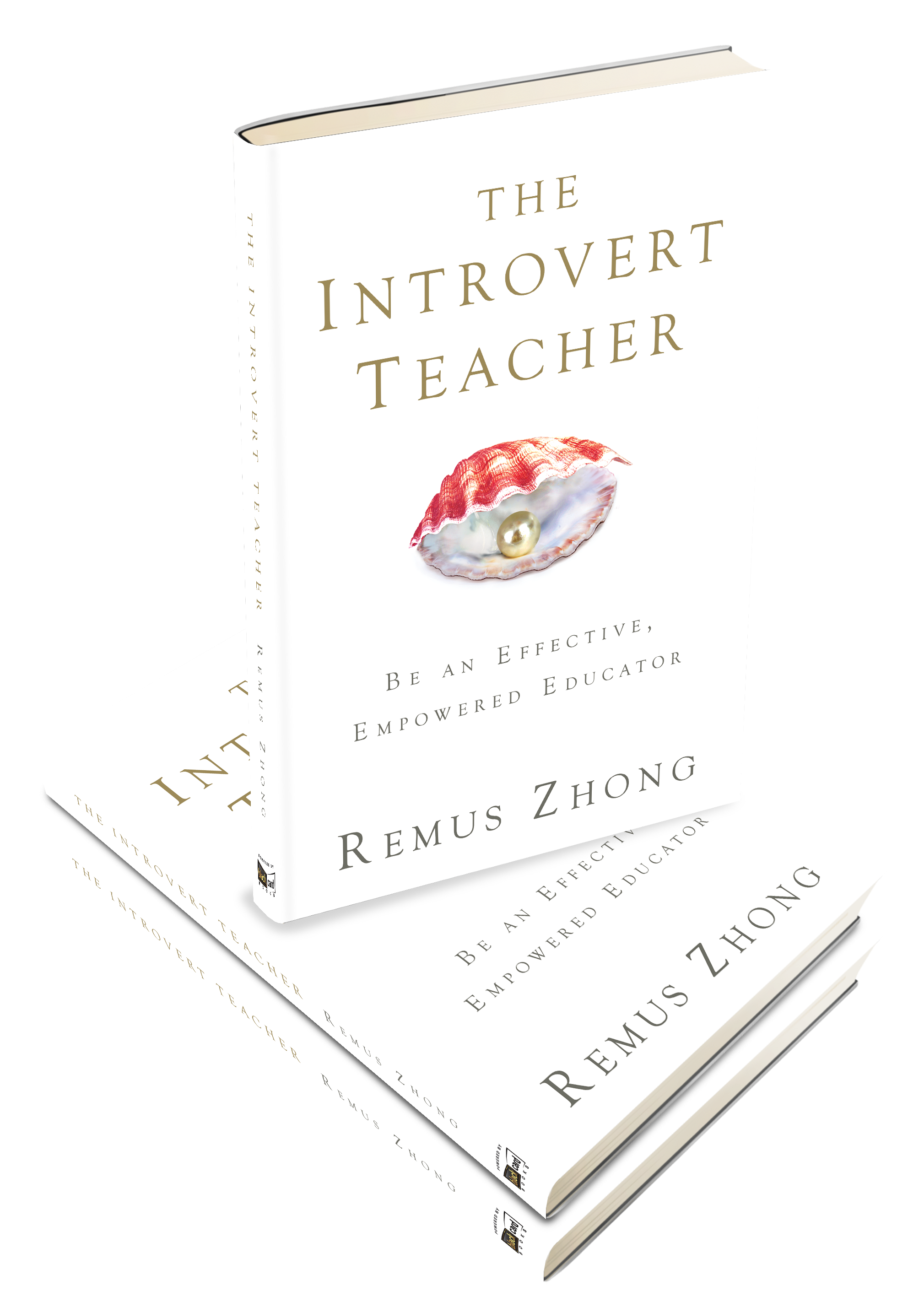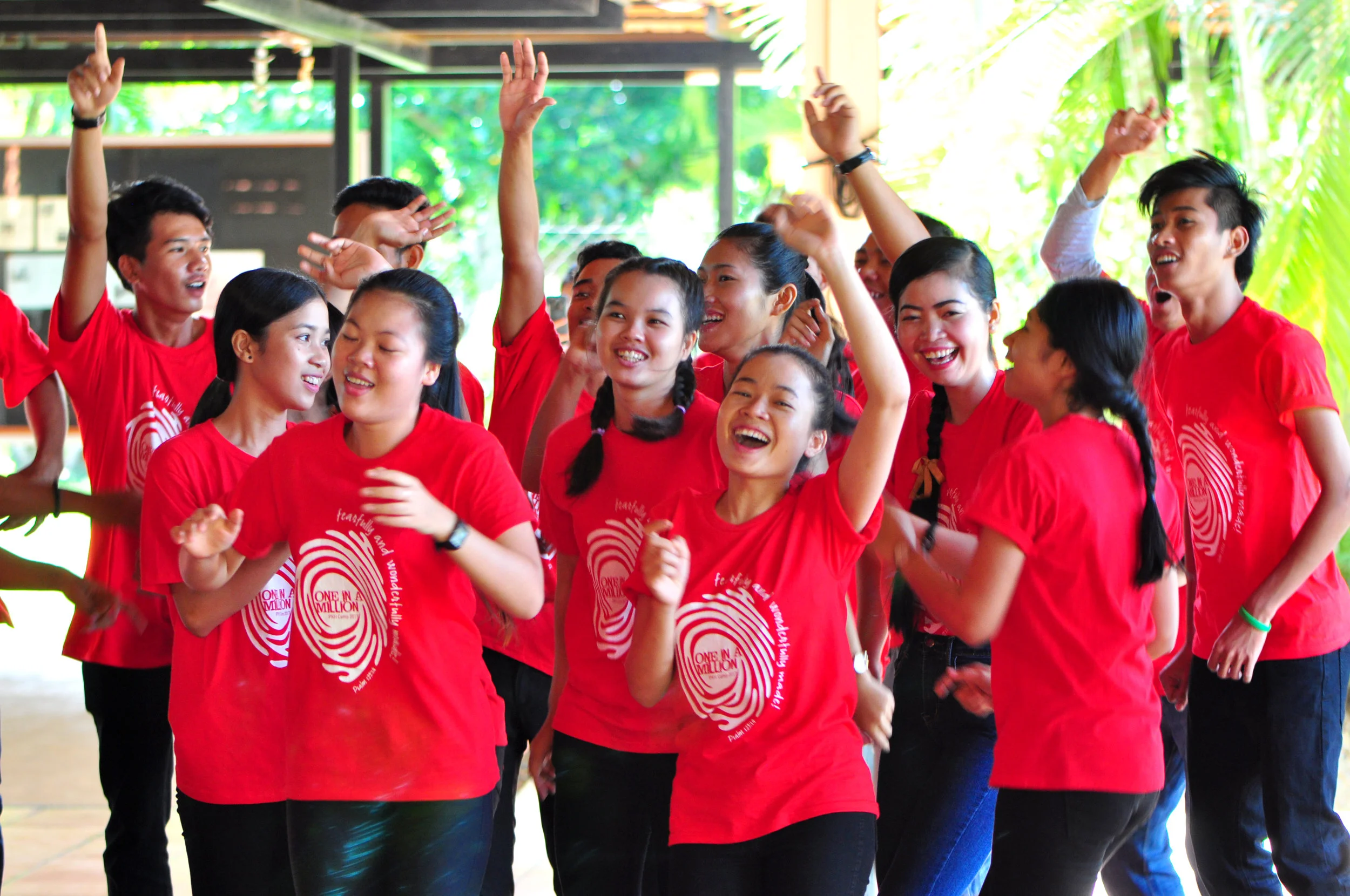I just got back from Cambodia a few days ago, having been there on a mission trip with Project Khmer Hope.
They have 3 centres outside of Phnom Penh, which the team visited. However, due to my schedule, I had to return to Singapore earlier than the rest of the team so I was only able to visit 1 of the centres - the closest one, which was a 2-hour drive from the city.
This centre is in the Kampong Speu province and it provides English lessons as well as vocational training for Cambodian youths so they can join the hospitality industry once their training is over.
I learned that the students' training is fully subsidised by the training centre and its supporting bodies, which makes it a truly remarkable opportunity for the youths, who apply to be students in droves. However, since the centre is limited in its size and staff, it can only take in a set number of students every year, and only after a stringent selection process.
I was there to visit and identify the needs of the centre so that, when I come back in the near future, I will be more equipped to help out - perhaps in a teaching role or in some other way.
As I had never been to Cambodia, I didn't know what to expect. I certainly didn't expect to receive such a striking revelation as this:
We had a 'Concert Night' for the youths at the training centre and asked them to volunteer themselves as performers. We ended up with a fair number of solo performances and a few group items.
From the very first performer (who sang), the audience was exuberant, enthusiastic and excited. They clapped along, sang along and encouraged the performers.
To a Singaporean used to apathy and indifference in audiences, this was quite a pleasant surprise.
It wasn't only the audience that taught me something, though. The performers themselves put great thought and energy into doing their very best.
The final performance was a skit. Though it was in Khmer, which I didn't understand, the body language, movement and energy were unmistakable. These were committed performers and they had clearly put in as much practice as they could in the short time that they had. When the skit came to nearly a close, the audience erupted in applause. You would think that this was enough to end the night. We weren't quite there yet.
The actors then broke out into song and almost everyone jumped up out of their places and danced with so much passion and intensity, it was quite a sight to behold. There was pure joy etched into the faces of every person there.
Yet, this was not the end of the night. The highlight for them was still to come. They would light an enormous campfire, an annual tradition there, and would continue to dance and sing for the next few hours around the fire.
It struck me later that their overflowing joy and the ease with which they express and experience it is a true blessing. I wonder if I have ever truly experienced such joy in such measure.
Though the word 'blessing' is often associated with resources and means, I now find this to be erroneous. Certainly, our financial prosperity isn't to be sniffed at, but think of how little of this joy we see in rich, affluent Singapore.
Through this trip, short as it was, I learned an important point: a blessing can take many forms but it can never be material. It is, if anything, an intangible feeling or sense that, at least for that moment, all is as it should be.
I went to visit the centre in Cambodia because I wanted to see how I can contribute there.
I did not expect to be the one taking something back with me.






